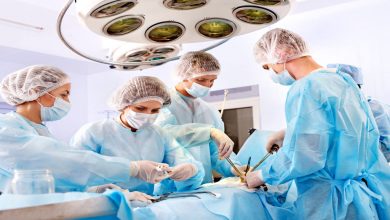The BioScientist
- Biochemistry
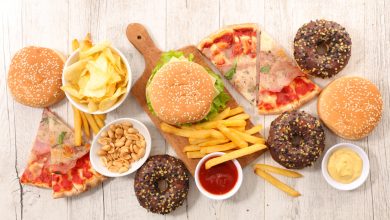
Reason Why We Always Tempted By The Junk Food
The sweet candies chocolates and fried food which we try to keep away from, which are considered bad for our body but in weak moments we can’t help ourselves from munching on them. At Max Planck Institute for Metabolism Research in Cologne, scientists have found an explanation for this behavior, this food rich in carbohydrates and fats affect the reward…
Read More » - Plant Science
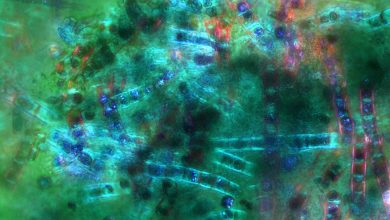
Discovery of New Type of Photosynthesis
A new research led by the researchers of University of Imperial College London has the potential to change the universal vision about the photosynthesis and brings the need to rewrite the textbooks. Photosynthesis is the process to produce the energy and other biochemical with the help of chlorophyll, carbon dioxide, water, and visible light. A new study discovered a new…
Read More » - Genetics
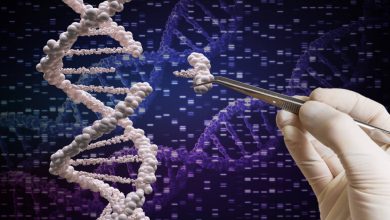
Junk DNA Controlling Sex determination
A new study done by a collaborative team from Northwestern University Feinberg School of Medicine and Francis Crick Institute in London, led to more and in-depth understanding of sex determination process by identifying the enhancer regulating sex determination process. Furthermore, this finding also led to the understanding of differences in sex development (DSDs) condition in which lead to male-to-female sex…
Read More » - Microbiology
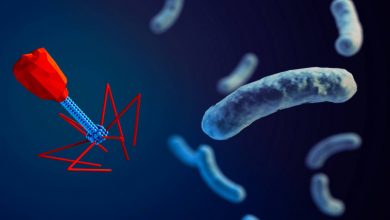
Study Found Bacteriophage as a Promising Alternative to Antibiotics
Antibiotic resistance has become a major problem worldwide due to overuse and overdose of antibiotics. Resistant microbes are more difficult to treat, and requires substitute medications or higher doses of antimicrobials. A new clinical study done by the researchers suggests that bacteriophages are tolerable and safe to eliminate disease-causing bacteria in the gut. This new treatment is an alternative to antibiotic…
Read More » - Microbiology
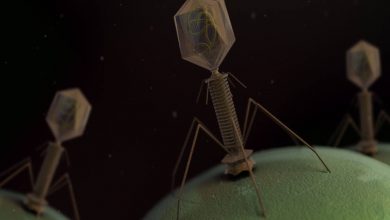
Virus Gene Helping Bacteria to Survive in Absence of Essential Gene
A new research led by the team of researchers from Uppsala University, Sweden have found that the bacteriophage which is a virus and infects bacteria also helps bacteria to develop new function by revealing the undiscovered potential of their bacterial host. This new discovery also has solved the mystery of evolutionary biology i.e. how new function arises which means how…
Read More » - Health Science
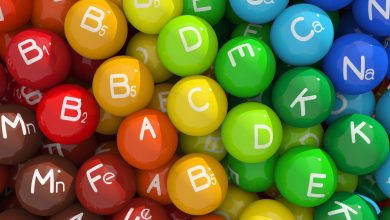
Consuming Multivitamin Supplements – No Harm, No Gain
Approximately, around 40% of UK adults are taking multivitamin supplements on daily basis to improve their energy and performance and protect them against nutritional deficiencies and guard against disease. But a new study found that these multivitamin supplements do not have any harm but also not any consistent health benefit. This research was led by researchers at St. Michael’s Hospital…
Read More » - Cell Biology
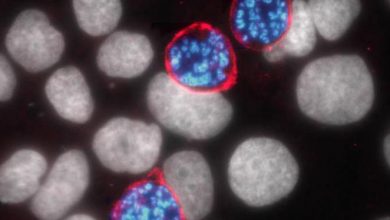
Plasmodium Parasite Tricks Liver Cells To Survive and Cause Malaria
We are fighting the battle against malaria mainly by either helping people evade infected mosquitos or developing an approach to killing the parasite after it enters the bloodstream. But a team of Duke University researchers wants to use a different strategy which is to disrupt the parasite while it hides inside the liver. A new study led by the team…
Read More » - Environmental Sciences
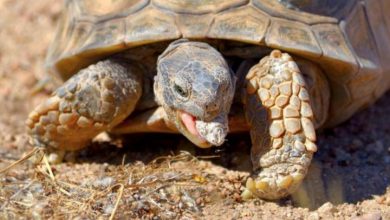
Are We Humans Oncogenic to Wild Animals ?
You all must be knowing what impact we homo sapiens are having on this earth, be it overpopulating the earth, pollution, stealing and destroying the habitat of other species etc. Not only this is affecting our environment but also these activities can cause cancer in our bodies by smoking, poor diets, pollution, chemicals used as additives in food and personal hygiene…
Read More » - Immunology

The Hotter Your Body, Lesser You are Prone to Tumor
The hotter your body, lesser you are prone to infection, wound and tumors. A new research led by the researchers at the Universities of Warwick and Manchester demonstrated that little rise in temperature of your body fastens the cellular clock whose function is to turn the gene on and off in response to infection. This new finding can help researchers…
Read More »

